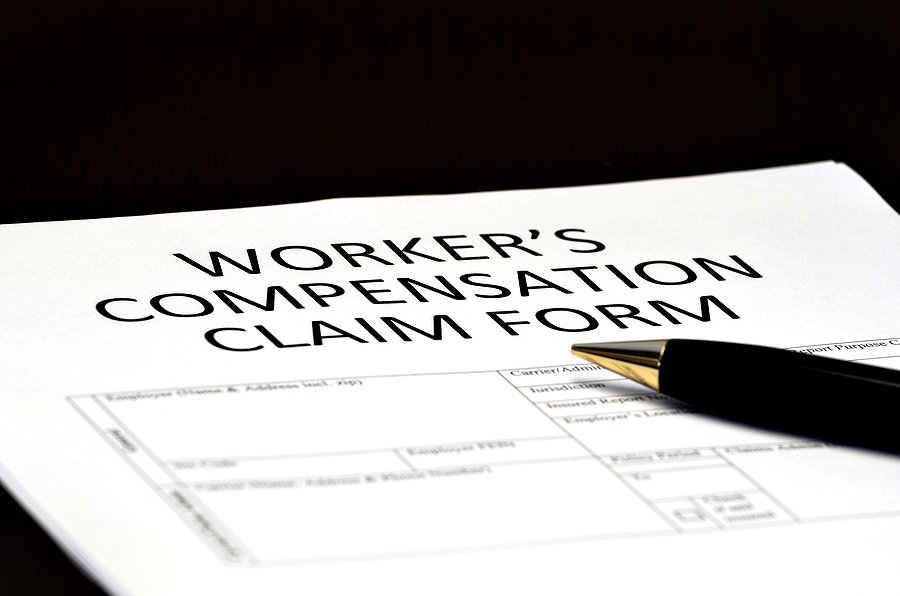Navigating the legal landscape can be daunting. Whether you’re dealing with a complex business issue, a personal injury claim, or drafting a will, having the right legal guidance is crucial. But what exactly does it entail to work with an attorney, such as those from the California attorney group, from start to finish? In this comprehensive guide, we’ll walk you through the process, from the initial consultation to the final resolution.
1. The Initial Consultation: Setting the Foundation
Table of Contents
Before diving into the legal intricacies, the journey typically begins with an initial consultation. This is your opportunity to discuss your case with the attorney and determine if they’re the right fit for your needs. Here’s what to expect:
What to Bring:
- Any relevant documents (contracts, correspondence, etc.)
- A list of questions or concerns
- Your goals and expectations
What Happens:
- The attorney will listen to your story and ask questions to better understand your situation.
- They’ll provide an overview of the legal process and potential outcomes.
- You’ll discuss fees and payment arrangements.
2. Legal Strategy Development: Crafting a Plan of Action
Once you’ve decided to move forward, it’s time to develop a strategy. This involves analyzing the facts of your case, researching relevant laws, and identifying potential obstacles. Here’s how it unfolds:
Steps Involved:
- Case Evaluation – The attorney will conduct a thorough review of your case, assessing strengths, weaknesses, and potential risks.
- Research and Analysis – They’ll delve into relevant statutes, case law, and legal precedents to craft a solid strategy.
- Client Communication – You’ll stay informed throughout the process, with regular updates on the progress of your case.
3. Legal Proceedings: Navigating the Courtroom (if applicable)
Depending on the nature of your case, legal proceedings may be necessary. This could involve filing motions, attending hearings, or even going to trial. Here’s a glimpse into what to expect:
Key Points:
- Preparation – Your attorney will prepare you for any court appearances, ensuring you understand what to expect and how to comport yourself.
- Advocacy – During hearings or trial, your attorney will advocate on your behalf, presenting evidence and arguments to support your case.
- Negotiation – In many cases, settlements are reached outside of court through negotiation. Your attorney will work to secure the best possible outcome for you.
4. Resolution and Conclusion: Bringing Closure to Your Case
Whether your case ends with a favorable settlement or a courtroom verdict, reaching a resolution is a significant milestone. Here’s how it typically unfolds:
Possible Outcomes:
- Settlement – If an agreement is reached, the terms will be documented in a settlement agreement.
- Verdict – If your case goes to trial, the judge or jury will render a verdict based on the evidence presented.
- Appeals (if applicable) – In some cases, either party may choose to appeal the decision, leading to further legal proceedings.
5. Post-Resolution Matters: Tying Up Loose Ends
Even after your case is resolved, there may be post-resolution matters to attend to. This could include finalizing paperwork, ensuring compliance with court orders, or addressing any lingering issues. Here’s what may be involved:
Next Steps:
- Document Review – Your attorney will review any final documents to ensure accuracy and completeness.
- Compliance – If there are any court orders or agreements to comply with, your attorney will guide you through the process.
- Follow-Up – They may also follow up with you periodically to ensure everything is proceeding smoothly.
6. Client Feedback and Reflection: Learning from the Experience
As your legal journey comes to a close, it’s valuable to reflect on the experience and provide feedback to your attorney. This helps improve the quality of service for future clients and allows you to share your insights. Here’s how it can be done:
Providing Feedback:
- Honesty – Be candid about your experience, both positive and negative.
- Constructive Criticism – Offer suggestions for improvement, if applicable.
- Recognition – Don’t hesitate to acknowledge exceptional service or dedication.
FAQ: Addressing Common Concerns
Q: How much will it cost to work with an attorney?
A: The cost of legal representation can vary depending on factors such as the complexity of the case, the attorney’s experience, and the billing structure. It’s essential to discuss fees and payment arrangements during the initial consultation.
Q: How long will my case take to resolve?
A: The timeline for resolving a legal matter can vary significantly depending on various factors, including the nature of the case, court availability, and the willingness of the parties to negotiate. Your attorney can provide a more accurate estimate based on the specifics of your situation.
Q: Will I have to go to court?
A: Not necessarily. Many legal disputes are resolved through negotiation or alternative dispute resolution methods such as mediation or arbitration. However, if a resolution cannot be reached, going to court may be necessary. Your attorney will advise you on the best course of action based on the circumstances of your case.
Q: How involved will I need to be in the legal process?
A: Your level of involvement will depend on the nature of your case and your preferences. While your attorney will handle the legal proceedings, you may need to provide information, attend meetings or court appearances, and make decisions about your case. Your attorney will keep you informed and guide you through each step of the process.
Q: What if I’m not satisfied with the outcome of my case?
A: If you’re unhappy with the outcome of your case, you may have options for appeal or other avenues of recourse, depending on the circumstances. It’s essential to discuss your concerns with your attorney, who can advise you on the best course of action moving forward.
Conclusion: Empowering Yourself Through Legal Representation
Working with an attorney can be an empowering experience, providing you with the guidance and support needed to navigate complex legal matters. By understanding the process from consultation to conclusion, you can approach your case with confidence and clarity. Remember, your attorney is there to advocate for your best interests every step of the way. So, don’t hesitate to lean on their expertise and experience. With the right legal representation, you can achieve a favorable outcome and move forward with peace of mind.
Image Source: BigStockPhoto.com (Licensed)
Related Categories: Legal, Reviews







